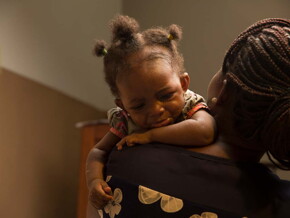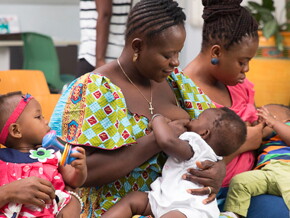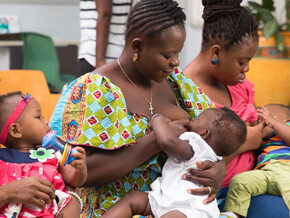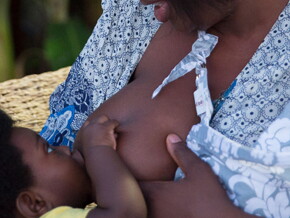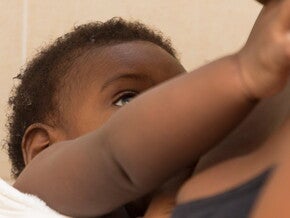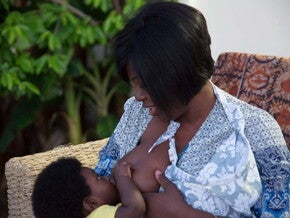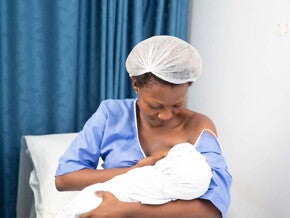
Baby Vaccination & Immunization Schedule
Early infant immunization protects baby against serious illnesses. It may be hard to hear your baby cry; but remember that the pain lasts for seconds but the benefits last a lifetime. Read more:
Follow the immunization schedule provided by your baby's doctor and remember that many vaccines are covered by designated Health Authorities in each country, which means in most cases you won't have to pay out of pocket for them.
Vaccines are administered at various stages from birth to protect against a wide variety of diseases:
-
Diphtheria is a serious infectious disease caused by bacteria that produce toxins which inflame the nervous system and heart. It can result in heart failure and paralysis.
- Tetanus results from bacteria that grow in wounds that produce a toxin which affects the nervous system. It causes muscle spasms and paralysis, especially in the jaw area, which is why the disease is also called lockjaw.
- Pertussis or whooping cough, another infectious disease caused by bacteria, is especially dangerous for babies under the age of one. Its most well-known symptom is a debilitating hacking cough.
- Polio, short for poliomyelitis, is a serious viral disease that starts with a fever and can lead to paralysis, muscle atrophy, and permanent disability. In its most severe forms, polio can cause death.
- MMR (Measles, Mumps, and Rubella) or MMRV (Measles, Mumps, Rubella, Varicella) vaccine in a single shot: Measles is a viral infection that causes distinctive red spots and is characterized by cold-like symptoms and a high fever.
- Mumps is an infectious viral disease that results in swelling of the parotid gland that's just in front of the ear and the salivary glands. The swelling can occur on the sides of one or both cheeks. Mumps are usually accompanied by a fever and pain when the patient opens his mouth or eats.
- Rubella or German measles is similar to measles - a viral infection that results in a fever, swollen glands and a rash.
- Varicella (Chickenpox vaccine) is a highly contagious illness caused by the varicella-zoster virus. Often, the first sign of the virus is an itchy rash with spots that start flat and pink and then turn into water blisters. Other times the first signs will be a fever, aches and pains.
- Hepatitis B an infection of the liver that's caused by a virus and can result in liver damage or failure. Hepatitis B requires a series of immunizations.
- Pneumococcal vaccine protects against infections caused by bacteria called Streptococcus pneumoniae, including meningitis (a brain infection), pneumonia (lung infection), bacteremia (blood infection) and ear infections. The symptoms of the infection will vary depending on what part of the body is affected.
- Meningococcal vaccine protects against diseases caused by the meningococcus bacteria, including meningitis, an infection of the fluid lining and lining that cover the brain and spinal cord, and septicemia, a serious blood infection.
- Rotavirus vaccine protects against rotavirus, the most common cause of serious diarrhoea in babies and young children. The first signs are usually high fever and vomiting followed by large amounts of watery diarrhoea within 12-24 hours.
Your baby's immunization schedule may vary in what vaccinations are offered and when they are offered depending on your country of residence. As previously mentioned, vaccinations are managed by designated national health authorities.
It's important that your child receives the vaccines at the right times to be protected.


